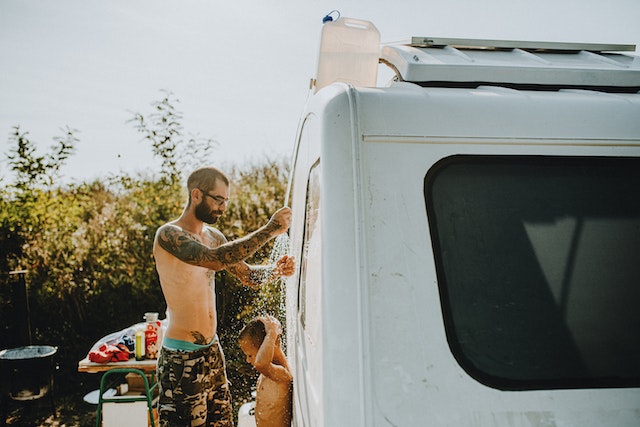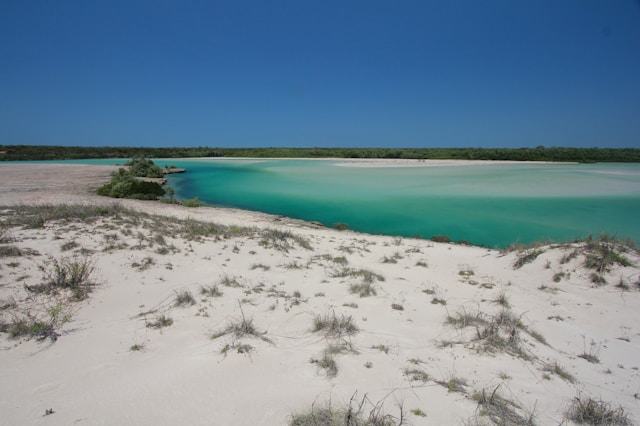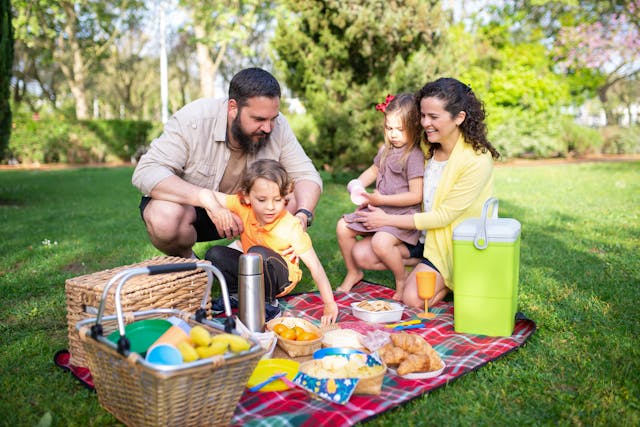One of the best things about Australia is that it offers avid caravanners plenty of opportunities to live off the grid and be one with nature. And with so many camping spots in the country, you might even be lucky enough to find an inexpensive or totally free campsite.
However, going off the beaten path usually means no electricity or water. Therefore, there are a few things you should think about before venturing out into the wilderness or even into a free or inexpensive camping facility.
Here are some important considerations if you plan to camp off the grid for a while.
1. Ensure you have enough water.
You don’t want to be living off the grid without sufficient access to drinking and multi-purpose water. Calculate the daily water needs of each person, covering not only their drinking needs but also what they’ll be using for washing. Then add to that your expected water consumption for cooking and doing the dishes. Of course, you also want to be resourceful and economise on water.
Make sure you talk to your family or companions about this to get their full cooperation. Also, take some extra freshwater jerry cans with you. Once empty, these could prove useful when you’re able to camp in an area with some water supply or in one that’s near a viable water source.
When you get to a campsite, familiarise yourself with current rules and regulations, particularly those that involve water use and waste disposal.
2. Keep your food fresh and plan your meals.
While a range of food-keeping containers abounds, there’s nothing like a good old combi fridge to supplement the one that comes built-in with your caravan. This way, you’ll be able to preserve enough food supplies to last you for days. An esky or ice box will also work if you don’t have a combi fridge.
Prior to your caravan travels, plan for your meals so you’ll know exactly what food supplies to bring, how long they will last and what you’ll be making out of them. This will not only make it easy for the official ‘cooks’ but also help minimise or eliminate food waste.
Don’t forget to check your power supplies, as you’ll need electricity to keep these appliances running whilst you’re living off the grid.
3. Ensure you have enough power supply for your devices and appliances.
Whether it’s your lights, watch, mobile phone or some other electronic device or electrical appliance, you’ll need energy to keep them on for several days. Therefore, bring batteries as quick alternatives. Also, bring enough fuel or solar power sources. Again, have a family or group meeting prior to your trip. Discuss what rules you need to follow to maximise the use of all devices whilst making sure there’s enough power for them to last for days.
Ready to live off the grid?
Follow the tips shared here to have an enjoyable time with your loved ones away from the crowds and the noise of the city.
If this article has inspired you to think about your own unique situation and, more importantly, what you and your family are going through right now, please contact your advice professional.
This information does not take into account the objectives, financial situation or needs of any person. Before making a decision, you should consider whether it is appropriate in light of your particular objectives, financial situation or needs.
(Feedsy Exclusive)





